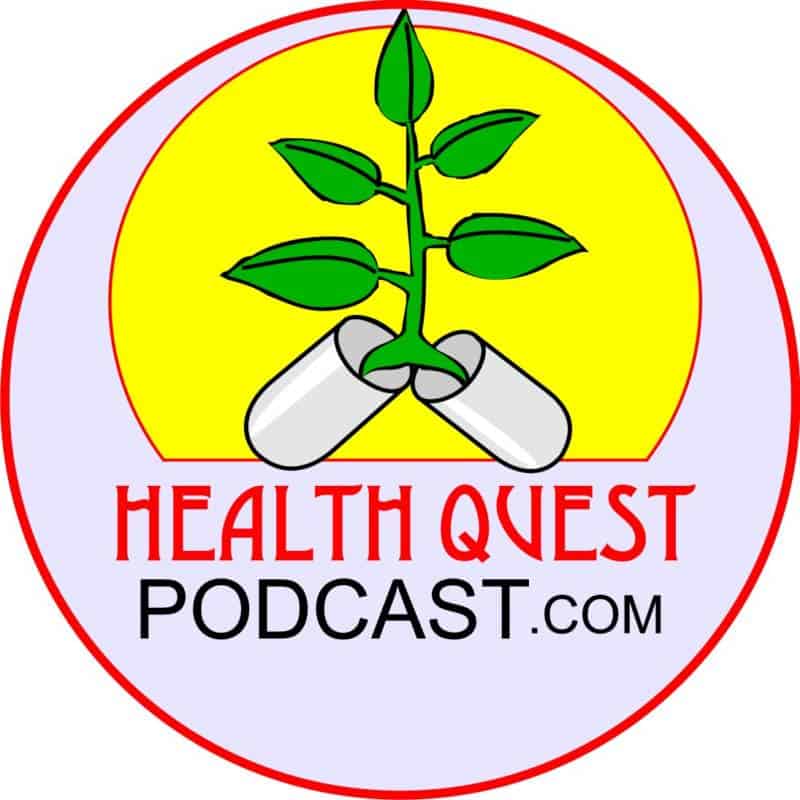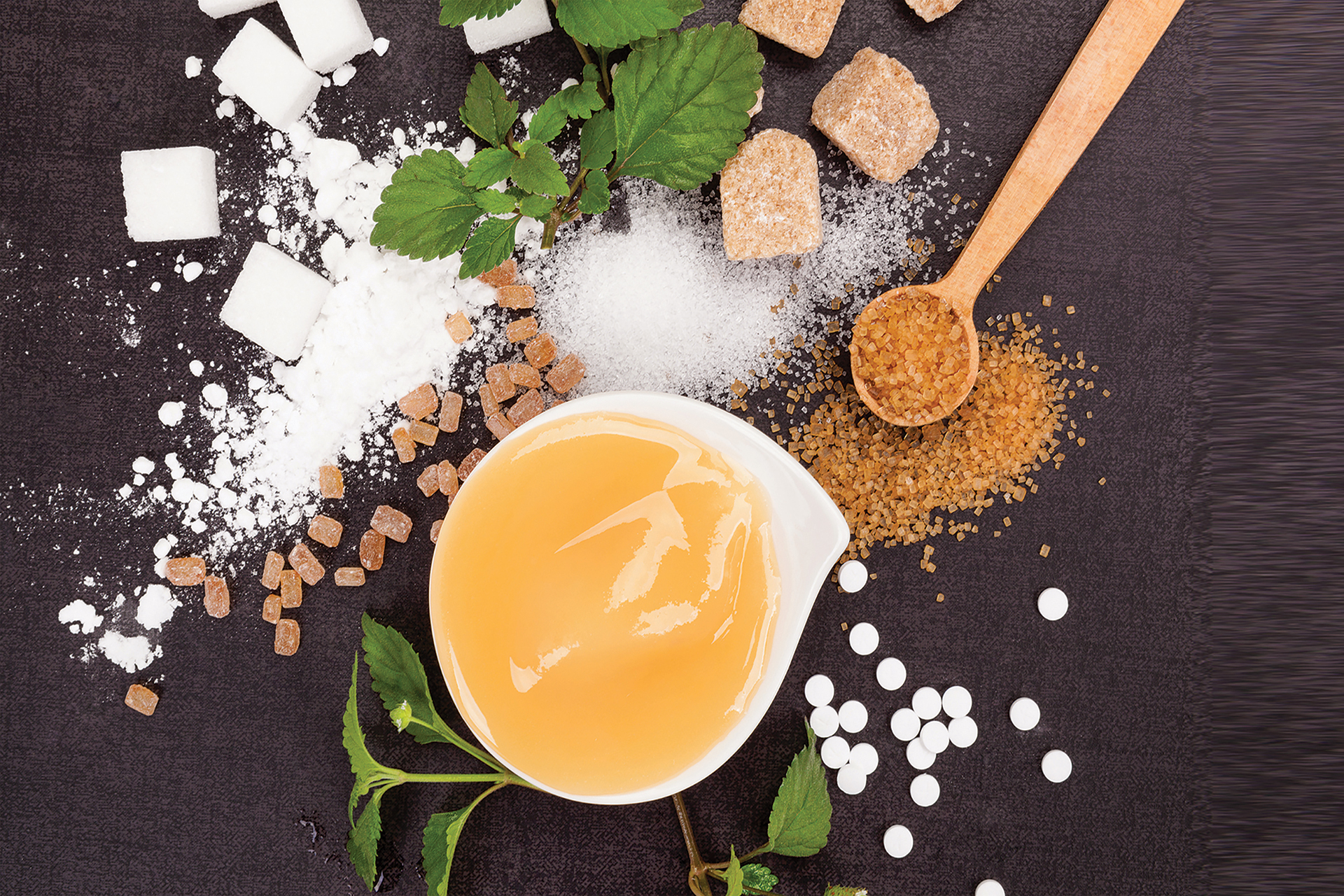 Consumers have more variety and choices to sweeten their foods
Consumers have more variety and choices to sweeten their foods In this interview Neil E. Levin discusses the many different types of natural sweeteners and sugar alternatives. Neil explains the important distinctions between the many different classes of sweeteners and what makes each sweetener unique.
In this interview Neil E. Levin discusses the many different types of natural sweeteners and sugar alternatives. Neil explains the important distinctions between the many different classes of sweeteners and what makes each sweetener unique.Here are some of the sweeteners we discuss:
- Sugar (sucrose) – is sourced from sugar cane or from sugar beets
- Forms of sugar: White sugar, brown sugar (light and dark), Sucanat® (from sugar cane juice), molasses
- Other sugars: fructose, glucose, corn syrup, high fructose corn syrup, dextrose, lactose.
- Liquid Sweeteners: Honey, maple syrup, rice syrup
- Sugar alcohols: sorbitol, erythritol, xylitol
- Plant sweeteners: stevia and monk fruit (luo han)
The point is this: There are many sweeteners to choose from. Use the best product for the application. We use crystalline fructose for homemade lemonade. We use dark brown sugar and ripe bananas for banana bread. We use honey on toast and in tea. Maple syrup on pancakes etc. Use a variety of natural products conscientiously as appropriate your health and lifestyle choices.
The second point is that if you are making foods from scratch, using nutritious ingredients then you will naturally and automatically reduce your consumption of sugar. It is the hidden and not-so-hidden sugar in processed foods and drinks that do us in. If you don’t consume these foods then your sugar consumption should go way down.









